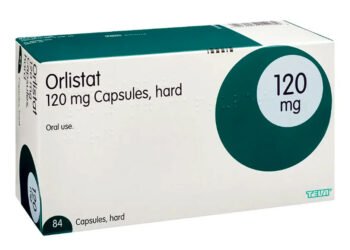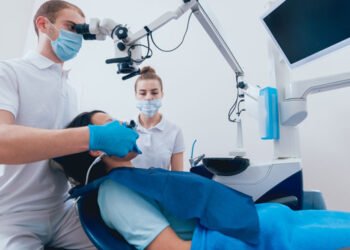Testosterone is a vital hormone in the male body, influencing a range of functions from muscle maintenance to bone health and libido. As men age, testosterone levels tend to decline, which can lead to various health challenges. Testosterone Replacement Therapy (TRT) can help restore these levels and improve overall well-being. This blog explores the key signs that might indicate you need TRT.
Persistent Fatigue and Low Energy
A common symptom of low testosterone is persistent fatigue. If you frequently feel exhausted even after a full night’s rest, your testosterone levels might be lower than they should be. Testosterone plays a significant role in energy production, and a deficiency can lead to ongoing tiredness and a lack of vitality.
If you’re experiencing symptoms such as persistent fatigue, reduced libido, or mood swings, it may be time to discuss TRT treatment with your healthcare provider to restore hormonal balance and improve your overall well-being.
Decreased Libido and Sexual Performance
Testosterone is crucial for maintaining libido and sexual function. If you’ve noticed a decline in your sexual interest or are experiencing difficulties with erectile function, this could be a sign of low testosterone. While occasional issues in these areas are normal, consistent problems may point to a hormonal imbalance.
Reduced Muscle Mass and Strength
Testosterone is essential for building and maintaining muscle mass. If you’re noticing a decrease in muscle size and strength, despite sticking to your exercise routine, low testosterone could be the cause. Difficulty achieving your fitness goals or a noticeable loss of muscle mass are key indicators that it might be time to check your hormone levels.
Increased Body Fat
An increase in body fat, especially around the abdomen, can signal low testosterone. This hormone helps regulate fat distribution, and a deficiency may lead to an unusual buildup of fat in specific areas. If you’re gaining weight unexpectedly or struggling to lose fat, low testosterone might be the underlying issue.
Mood Swings and Depression
Testosterone levels significantly impact mood and emotional health. Low testosterone is often linked to mood swings, irritability, and even depression. If you’re experiencing drastic changes in your mood or ongoing feelings of depression, low testosterone could be contributing to these emotional challenges.
Cognitive Difficulties
Low testosterone can affect cognitive functions such as concentration and memory. Men with this condition may find it hard to focus, experience memory lapses, or notice a decline in overall cognitive abilities. These issues can affect daily activities and overall productivity, signaling the need for a hormone evaluation.
Decreased Bone Density
Testosterone is crucial for maintaining strong bones. A deficiency can increase the risk of osteoporosis, a condition where bones become weak and fragile. If you’ve experienced fractures or have been diagnosed with lower bone density, low testosterone might be a contributing factor.
Sleep Problems
Low testosterone can lead to sleep disturbances, such as insomnia or irregular sleep patterns. Poor sleep quality can, in turn, worsen other symptoms of low testosterone, creating a cycle of discomfort. Persistent sleep issues could indicate a need for further evaluation of your testosterone levels.
Conclusion
Recognizing the signs of low testosterone is crucial for addressing potential health issues and improving your quality of life. If you’re dealing with persistent fatigue, reduced libido, loss of muscle mass, increased body fat, mood swings, cognitive challenges, lower bone density, or sleep problems, it may be wise to consult your healthcare provider about Testosterone Replacement Therapy. A thorough diagnosis and appropriate treatment can help restore hormonal balance and significantly enhance your overall well-being.












